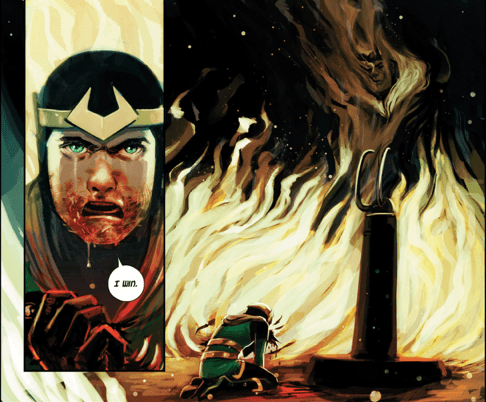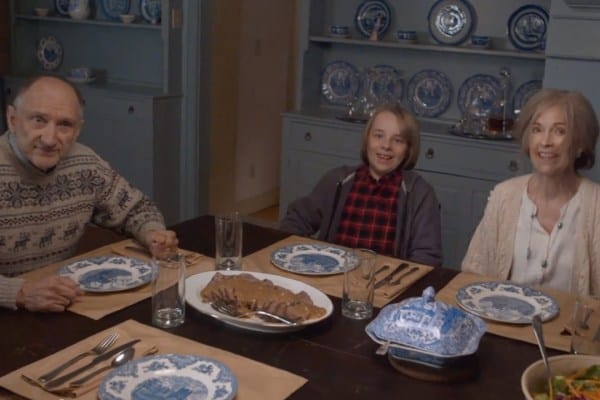
The Bling Ring
Written and Directed by Sofia Coppola
USA, 2013
Her career was born in the excesses of the 1990s and Sofia Coppola’s career trajectory has brought her through one of the worst economic crisis’ in recent history and a period of social seriousness that she seems quite frankly out of step with. In spite of this, she has found popularity (mixed in with good doses of controversy) for taking the passive “villains” of this era and making their vapidity interesting and their environment of excess reason for victimhood. Her characters often lack a sense of autonomy and are ultimately trapped by their beauty and youth in a hazy state of ennui. Based on true events, her newest film The Bling Ring features perhaps her most active characters and perhaps unintentionally, her most vapid as well.
The Bling Ring portrays the true-story of a group of valley teens who waltzed into a bunch of celebrity homes and robbed them of money, clothing and jewelry. The film skirts around any really interesting ideas as to what motivates these kids, aside from the fact that it was easy and they wanted to feel closer to their favourite stars. As one character says with the perfect brand of adolescent non-commital, “America has this sick fascination with a Bonnie and Clyde kind of thing”. The thing is, on a pure surface level it is it is not quite so difficult to understand their motivation; their behavior is like much a much higher stakes version of content piracy. Without any real evidence of consequence, there is not much to stop these kids from stealing from people so rich that they often don’t even notice they are missing thousands of dollars worth of “things”.
Really taking full force in her previous film, Somewhere, Coppola’s filmmaking has become increasingly mundane stylistically as she attempts to eschew judgement or romance in her regards to her characterizations. Many scenes are shot with a single angle and there are stretches of time focused on small details that seem of little consequence, except to establish a milieu of excess. Instead of focusing on the symptoms of her character’s motivations, she focuses her attention on her fascination with their behavior, quirks and language. It is a testament to Coppola’s talents that this is enough to sustain the film. It is rarely dull and feels as though it is in a state of constant visual and auditory movement. The characters themselves seem as artificial as the reality stars they emulate, so performance itself figures importantly in the film in particular through the fleeting moments in which reality peers through. As with the reality stars who play themselves on TV, these are characters that blur the line between the real and the artificial, but without the omnipresent cameras. It ultimately becomes unclear whether or not these teens aspire to be on TV, or already feel as though they are stars of their own broken lives.

It is easy to make a deal about the fact that these teen wanted to get caught, but in reality, many of them were able to escape their crimes and get away completely. Others denied their crimes, and only really Nicki finds any kind of fame – and that’s because she seeks it out. In fact, their anonymity was what allowed them to get away with their behavior for so long (they were easy to catch; evidence was plastered all over their Facebook pages if anyone was looking). They got off on the thrill of committing crimes and getting closer to their favourite stars, but they didn’t necessarily want to be them, as much as they wanted to be close to them. Again though, Coppola’s thematic uncertainty allows for a bit too much speculation in this regard, and escapes any clear cut morality or even more bluntly, criticism or interpretation.
In spite of all the wishy-washiness though, the film’s glossy veneer and sharp sense of humour makes it consistently entertaining. Leslie Mann in particular shines through as the mother of some of the girls: she homeschools her children in order to teach them according to the mantras of Rhonda Byrne’s best-selling self-help book The Secret. Mix this in with the bouncing beats of the soundtrack, the beautiful excesses of the designer fashion and the quick escalation of criminality, you have an all around good time. More than her other films, this one seems rooted a bit more firmly in a reality we are more familiar with, as it demonstrates the extremes of class division and celebrity culture with an authenticity that is not normally associated with her work, as at best she often seems a little out of touch with the struggles of the 99%, and perhaps that dissociation is what contributes to this being one of her weakest films. Ultimately, it might just be that Sofia Coppola feels a lot closer to Marie Antoinette than she does some middle-class teenagers who aspire to be famous. It’s not something worth holding against her, and she remains a unique talent who brings a singular and original vision to the screen.
– Justine Smith



